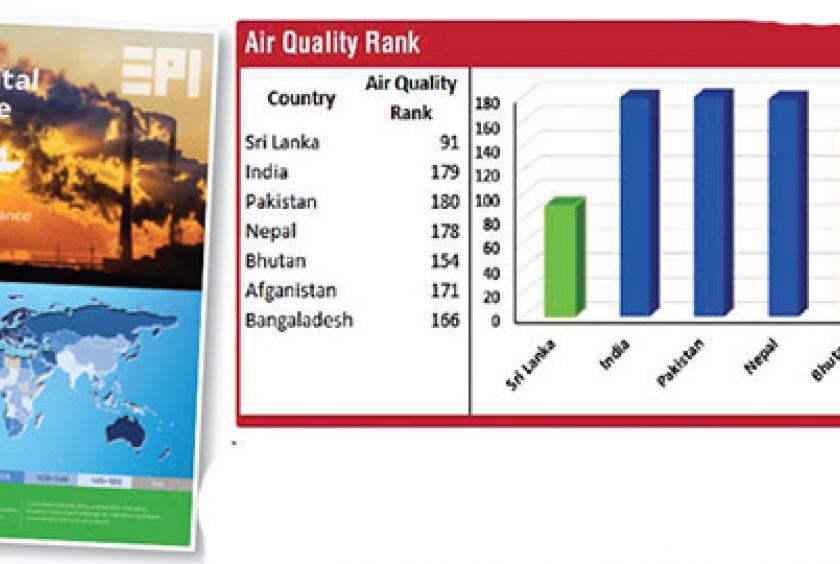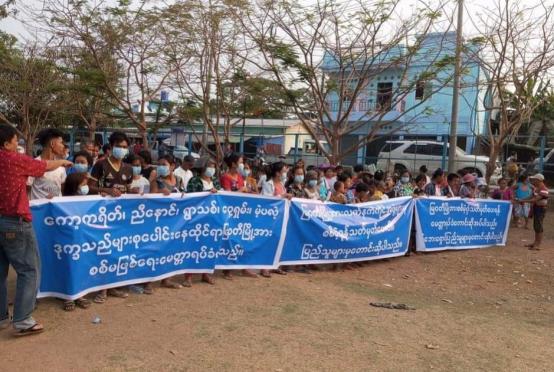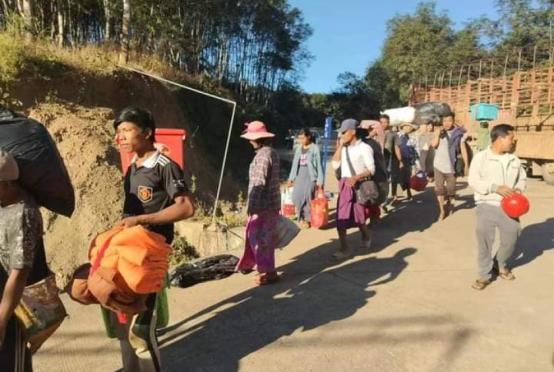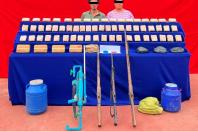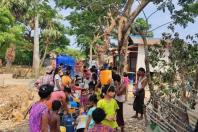The Island/ANN - Sri Lanka has ranked above its South Asian neighbours, outperforming them in Air Quality measurement, according to the Environmental Performance Index 2020 (EPI) released by researchers at Yale and Columbia universities recently.
The prestigious index, now in its 22nd year, has become the premier metrics framework for global environmental policy analysis, ranking 180 countries on several performance indicators across a range of issue categories covering environmental health and ecosystem vitality.
Based on peer comparisons, overall Sri Lanka is ranked 109th with an EPI score of 39 out of 100, ahead when compared with its South Asian counterparts.
The Air Quality issue category measures the direct impacts of air pollution on human health in each country. It consists of three indicators: PM2.5 exposure, household solid fuels, and ozone exposure.
Sri Lanka is ranked 91 in Air Quality according to the 2020 EPI, importantly the country has over a 10-year period continued to demonstrate a positive growth when compared to the region.
In contrast, other South Asian nations lagged behind in Air Quality, notably with Bangladesh ranked 166, India 179 and Pakistan 180, resulting in millions of people suffering from dangerous levels of air pollution.
The EPI ranks 180 countries on 32 performance indicators across 11 issue categories covering environmental health and ecosystem vitality.
The 2020 EPI features new metrics that gauge waste management, carbon dioxide emissions from land cover change, and black carbon emissions – all important drivers of climate change.
Denmark was ranked first in the world, followed by Luxembourg and Switzerland in the top 3 countries as a result of strong results across most issues and leading commitments and outcomes with regards to climate change mitigation.
The lowest scores were earned by a series of countries that are struggling broadly with weak governance, including Liberia (180th), Myanmar (179th), and Afghanistan (178th).
The index found that no country is decarbonising quickly enough. Some countries do excel in individual greenhouse gas reductions, most notably Denmark in reducing carbon dioxide emissions, the UK in methane, and Norway in fluorinated gases.
To spread best practices around the world, policymakers must pay greater attention to how climate leaders achieve success, the report noted.
The EPI is a method of quantifying and numerically marking the environmental performance of a state’s policies. This index was developed from the Pilot Environmental Performance Index, first published in 2002, and designed to supplement the environmental targets set forth in the United Nations Millennium Development Goals.

